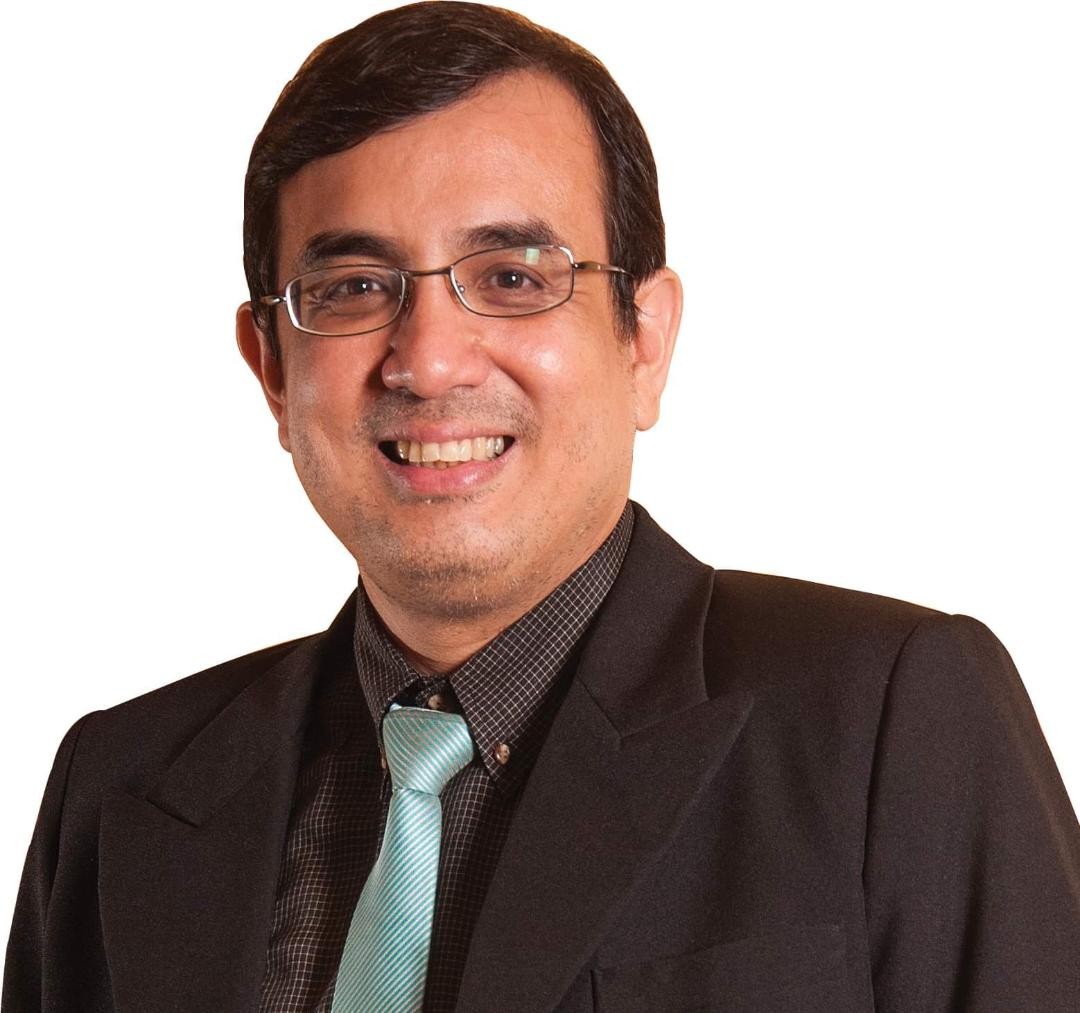ESPRESSO MORNINGS
By Joe Zaldarriaga
Generating job opportunities to counter unemployment
Share
Every year, the education sector produces a new set of aspiring young professionals who, after earning their degrees, certifications, and licenses, are now ready to be part of the country’s workforce. This annual occurrence presents a challenge to the government to ensure that there are jobs available for these emerging young professionals. Failing to do so could potentially lead to a rise in the country’s unemployment rate.
According to the most recent data provided by the Philippine Statistics Authority, the country’s unemployment rate hit 4.5 percent or approximately 2.33 million Filipinos in June 2023. This is slightly higher compared to the recorded 4.3 percent or 2.17 million Filipinos in May. However, this figure is better compared to the recorded 6 percent in June of last year, which is equivalent to 2.99 million jobless Filipinos.
Promoting job creation is among the priorities of the current administration since it is part of the President’s 8-Point Socio-Economic Agenda and the Philippine Development Plan (PDP) 2023-2028. In his 2nd State of the Nation Address (SONA), President Ferdinand R. Marcos Jr. has affirmed that the Philippines has now recovered from the severe unemployment during the height of the pandemic, which registered a record-high of 17.6 percent in April 2020. The Philippines has indeed bounced back as the unemployment rate in June 2023 was also significantly lower than the recorded 5.1 percent in 2019.
Despite the remarkable recovery, President Marcos acknowledged that the battle against this pressing issue is far from over as many Filipinos remain jobless. The government must not be complacent and instead, continue to power through to ensure that no Filipino will be left behind. The President’s directive is clear: The government must continue creating jobs through ramping up of investments.
President Marcos’ instruction certainly did not fall on deaf ears as the National Economic and Development Authority (NEDA) approved 194 infrastructure projects with an aggregate budget of approximately P9 trillion earlier this year.
According to NEDA Director General Arsenio Balisacan, 123 of these projects were initiated by the current administration while the rest were continued from the previous ones.
According to Balisacan, the rollout of these infrastructure projects is expected to boost the job creation capability of the country since these entail substantial investments that can attract local and foreign investors. Likewise, investors who already have ventured into the country will be encouraged to expand.
NEDA’s primary goal in this regard is to create jobs with wages that can sustain a family’s basic needs including education. To achieve this, collaboration between the government and the private sector is imperative. This will allow the government to leverage the private sector’s technical and financial resources to efficiently allocate its funds to more significant investments centered on human capital development.
“As the number of young workers continues to expand, the Marcos administration is exerting efforts to focus on training and upskilling to improve their employability for high-quality and high-paying jobs,” Balisacan said.
Meanwhile, the Department of Public Works and Highways (DPWH) has reported that it is working on 70,000 big and small contracts across the archipelago under Build Better More with capital amounting to PHP800 billion. Public Works Secretary Manuel Bonoan has also confirmed that the government is set to roll out its mega projects next year. This offers yet another avenue for job creation as the completion of these projects requires more than 3 million skilled and technical workers.
Another sector contributing to resolving the unemployment issue is the energy sector through the country’s transition to renewable energy (RE). Foreign investors have started showing keen interest and have now placed their commitment to invest in various RE projects. These investments from Germany, Singapore, the Netherlands, and the United States are expected to generate around 75,000 jobs as reported by Labor Secretary Bienvenido Laguesma.
Ultimately, the importance of fostering synergy between the government and the private sector to address unemployment in the Philippines cannot be overemphasized as these entities are naturally interconnected. Their collective efforts can create an environment that is conducive to job creation and entrepreneurship that can pave the way for sustained economic growth and collective prosperity.
Editor’s note: The opinions expressed in the foregoing article are solely the author’s and do not reflect the opinions and beliefs of the Philippine News Agency (PNA) or any other office under the Presidential Communications Office.
Comments
About the Columnist

Joe Zaldarriaga is a veteran, award-winning communicator immersed in public service within and beyond the energy sector. He has more than 30 years of experience serving the country’s biggest electric distribution utility and is involved in a number of public service functions, as member of various committees on public safety, power supply security and electrification. Concurrently, he is a prominent figure in the Philippine communications industry, as Chairman and Past President of the US-based International Association of Business Communicators Philippines (IABC PH). He is also an awardee of the University of Manila’s Medallion of Honor (Dr. Mariano V. delos Santos Memorial) and a Scroll of Commendation, a testament to his celebrated years in public service exemplified by outstanding communications.
Joe also shares his opinion and outlook on relevant national and consumer issues as a columnist in several prominent publications and is now venturing into new media via hosting a new vlog called Cup of Joe. Previously, Joe was a reporter and desk editor of a Broadcasting Company and the former auditor of the Defense Press Corps of the Philippines. A true green Lasalian, he finished with a degree in Asian Studies specializing in the Japan Studies program at De La Salle University, Manila, where he also spent his entire education.
